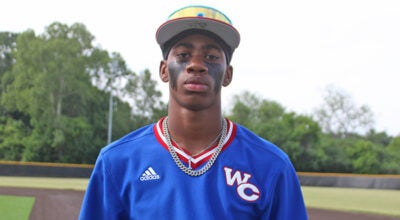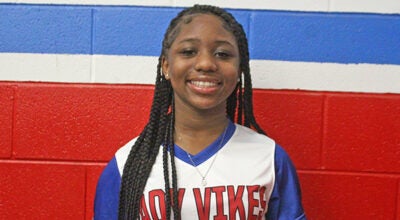Coaches and teachers influence teens’ lives
Published 9:37 am Tuesday, March 15, 2016
In the young and impressionable age range of 13 to 20, trouble surrounds adolescents at every turn.
For 8 to 10 hours a day through practices, instruction time and after-school events are when influential teachers and administrators embrace athletes and students.
The thought process of staying busy to prevent danger rings true during this time.
Growing up in a small town or a city whose entertainment caters toward adults, the most common phrase for adolescents becomes, “I’m bored.”
As expressed in the platitude “An idle mind is the devil’s workshop,” when children develop their own entertainment, peer pressure rears itself into making teenagers do something out of character.
As a part of life, this is also a time where adolescents tend to make mistakes and learn from consequences. All the while, a parental voice rings in the back of their heads.
Messages recited at the end of practices and games also translate into wisdom for the maturing soul.
The more sports or extracurricular activities a student participates in, the more well rounded individuals they’ll become through assimilation of different ideas.
For students involved with sports and activities all year long, they’ve developed the ability to multitask and have learned the importance of prioritizing.
Discipline is the most important character trait high school students can pick up from their coaches and teachers.
Without it, chaos and struggle will ensue.
It reminds you to remain calm and respectful when being taken for granted or to always do what is expected from you.
Through my high school years I was tenacious and steadfast in keeping up with all my obligations to my academics as well as JROTC, step team, the school newspaper, and speech and debate.
As an adult I continue to be tenacious in improving my writing and disciplined enough to not complain about mishaps in life.
Ultimately, this adolescent reform doesn’t occur without the serious care and attention from coaches, teachers and administrators.
To truly be a mentor and have a lasting effect on a child requires the mentor to be able to relate to their students or players in a way they can understand. It could be in a daunting manner or in a vulnerable fashion.
•
Alexander Swatson is a reporter for The Vicksburg Post. He can be reached at alex.swatson@vicksburgpost.com





